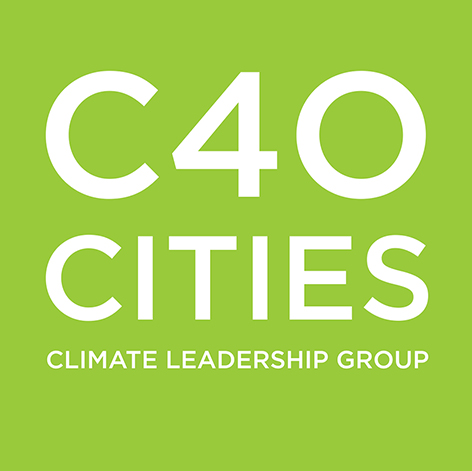Climate Risk and Adaptation Framework and Taxonomy (CRAFT)
The impacts of climate change are being felt in cities around the world. Successful city adaptation depends on both an appropriate planning process and effective implementation.
With support from Bloomberg Philanthropies, C40 and Arup have developed CRAFT, which forms a critical component of the Compact of Mayors, a global coalition of mayors and city officials committed to climate change adaptation and mitigation goals. The Climate Risk and Adaptation Framework and Taxonomy (CRAFT) will enable cities to perform robust and consistent reporting of experiences of climate hazards and impacts, climate adaptation planning, and implementation as part of their compliance under the Compact of Mayors.
CRAFT will allow cities to evaluate their climate change adaptation process and its outcomes, answering the questions: “are we doing the right things?” and “are they working?”
CRAFT is a set of reporting questions that will be integrated into the Compact of Mayors reporting platforms; CDP Cities and carbonn Climate Registry. CRAFT will help cities:
- Deliver more robust climate adaptation planning by enhancing knowledge of best practices and allowing cities to more easily evaluate their progress in adaptation planning;
- Identify peers and aspirational examples to help inform their own adaptation planning process and implementation; and
- Receive targeted support to enhance their climate adaptation efforts by highlighting where cities share common challenges and opportunities, thus opening the door for collective advocacy for resources.
CRAFT will deliver an unprecedented understanding of global adaptation effort by facilitating the collection of consistent, complete adaptation data. CRAFT is aimed to assist city officials and practitioners working in adaptation as well as organisations with expertise in or relevance to city climate change adaptation as well as city partners, private sector and community stakeholders looking to understand global city adaptation effort.
The CRAFT questionnaire comprises three reporting modules that enable cities to report their experiences of climate hazards and impacts, climate adaptation planning and implementation.
- Profile the City: This module seeks to identify cities with common characteristics that can support shared learning and inform adaptation planning at the local level. Reporting fields relate to general city characteristics, socioeconomic characteristics and governance / city budget characteristics.
- Understand the Problem: This module seeks to understand the climate risk and vulnerability faced by cities now and in the future, and the underlying factors within a city that can enhance or challenge a city’s ability to adapt. Reporting fields relate to climate risk and vulnerability assessment, climate hazards and impacts, climate change impacts and city adaptive capacity.
- Plan, Respond and Monitor: This module seeks to understand the climate adaptation planning process undertaken by cities and how cities evaluate the outcomes of their adaptation efforts. Reporting fields relate to adaptation planning, adaptation goals and actions, and adaptation barriers and opportunities.
CRAFT builds on earlier work undertaken by C40, with Arup, to identify a structured articulation of the key climate hazards that cities are facing, known as the City Climate Hazard Taxonomy. The Taxonomy established a clear and concise lexicon for the climate hazards that cities face today, and how those hazards may change in the future. The Taxonomy has been integrated within the CRAFT reporting framework.

